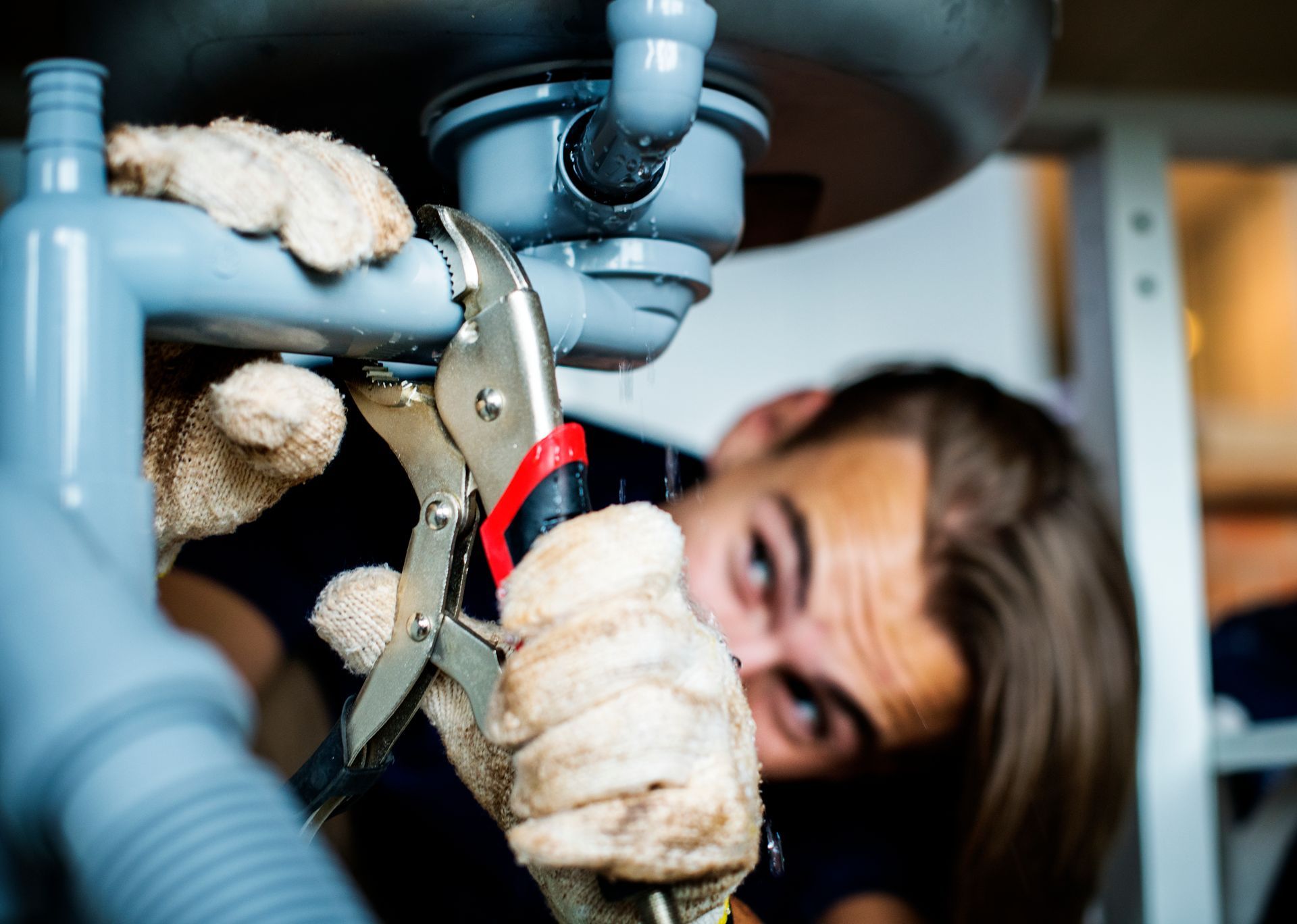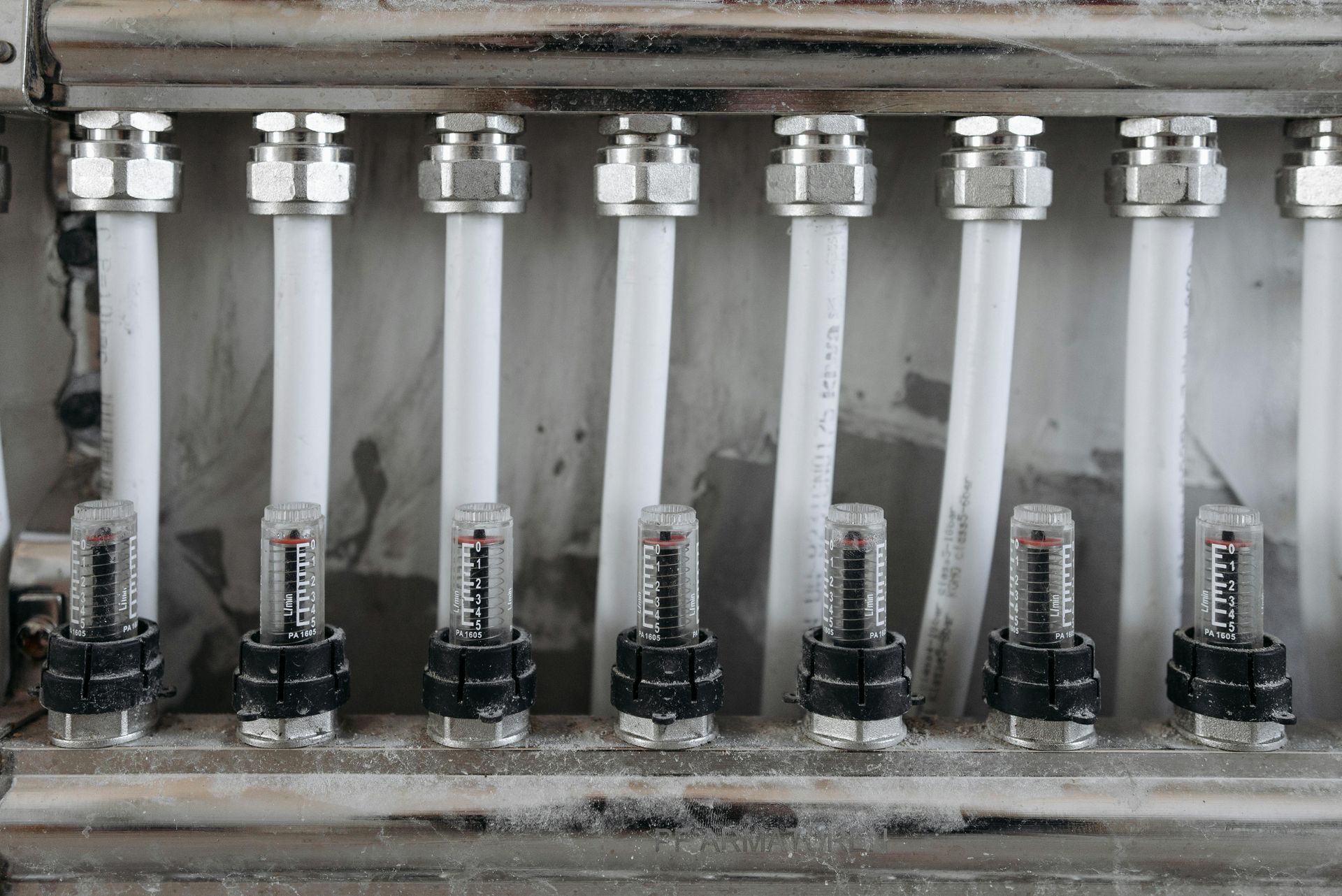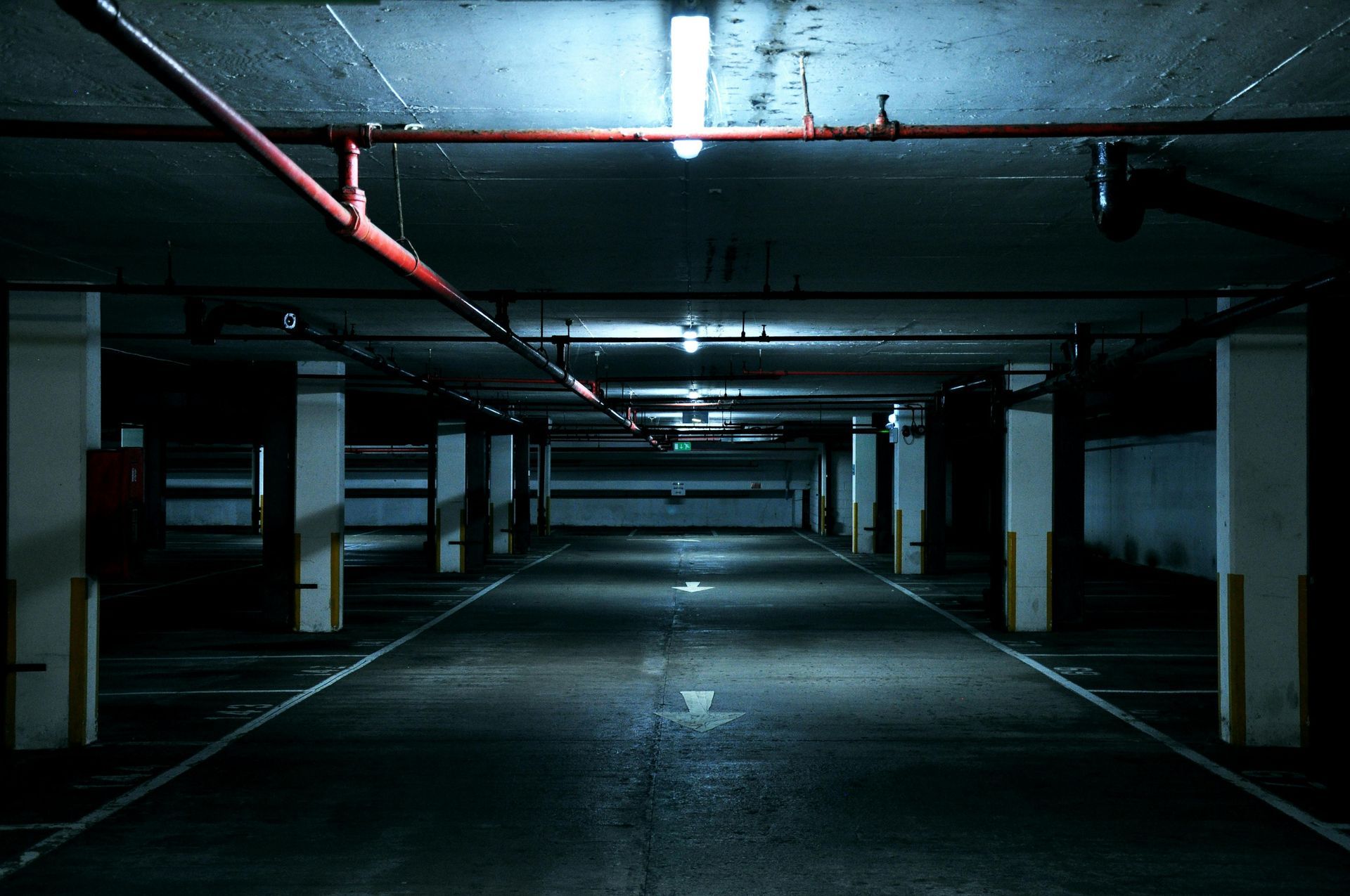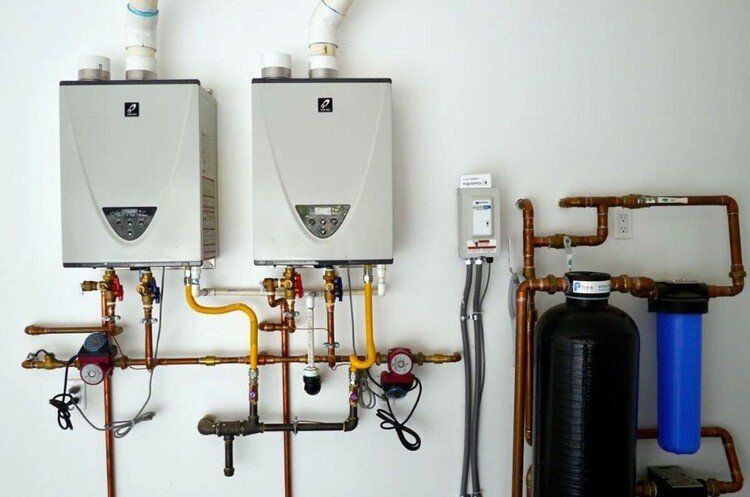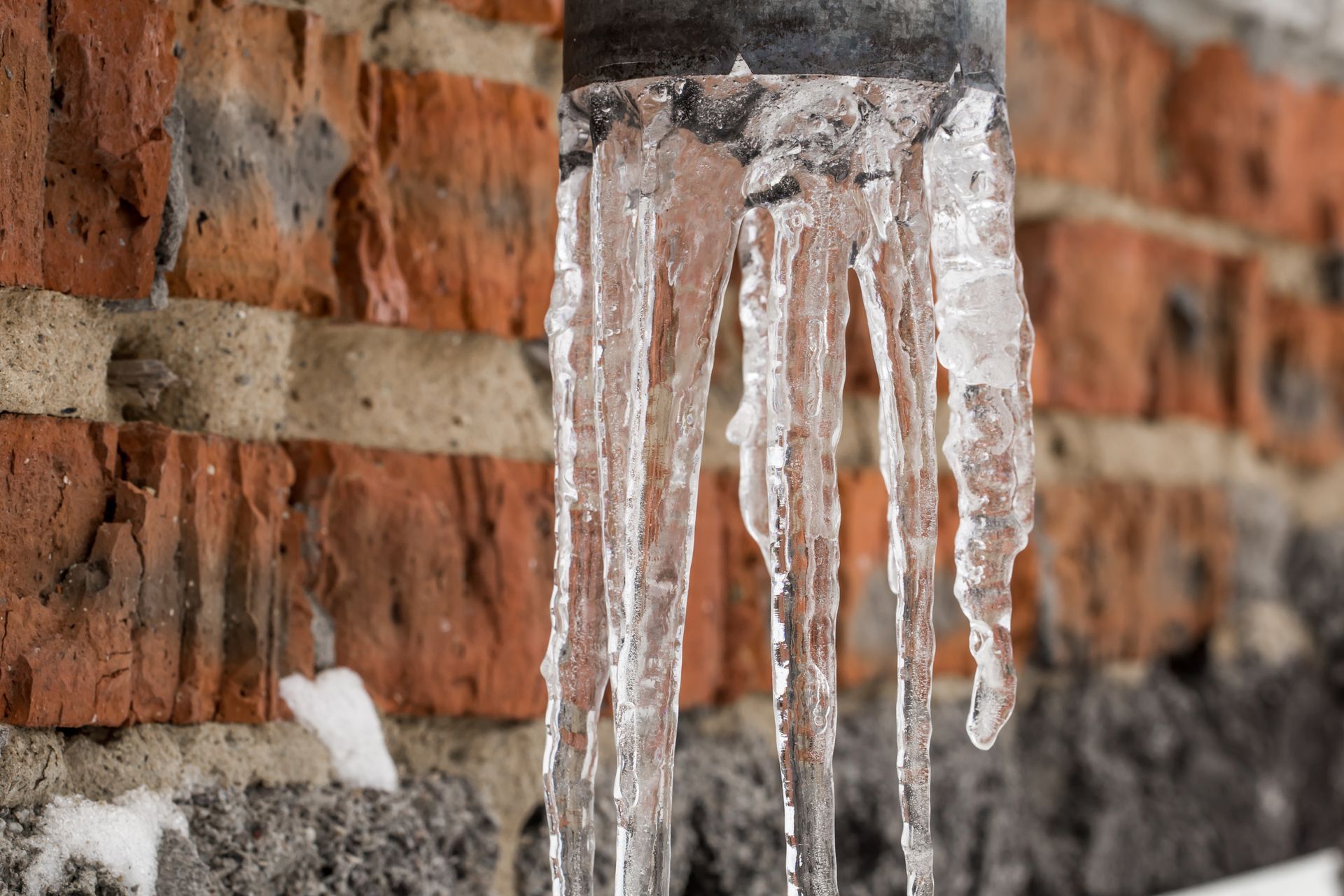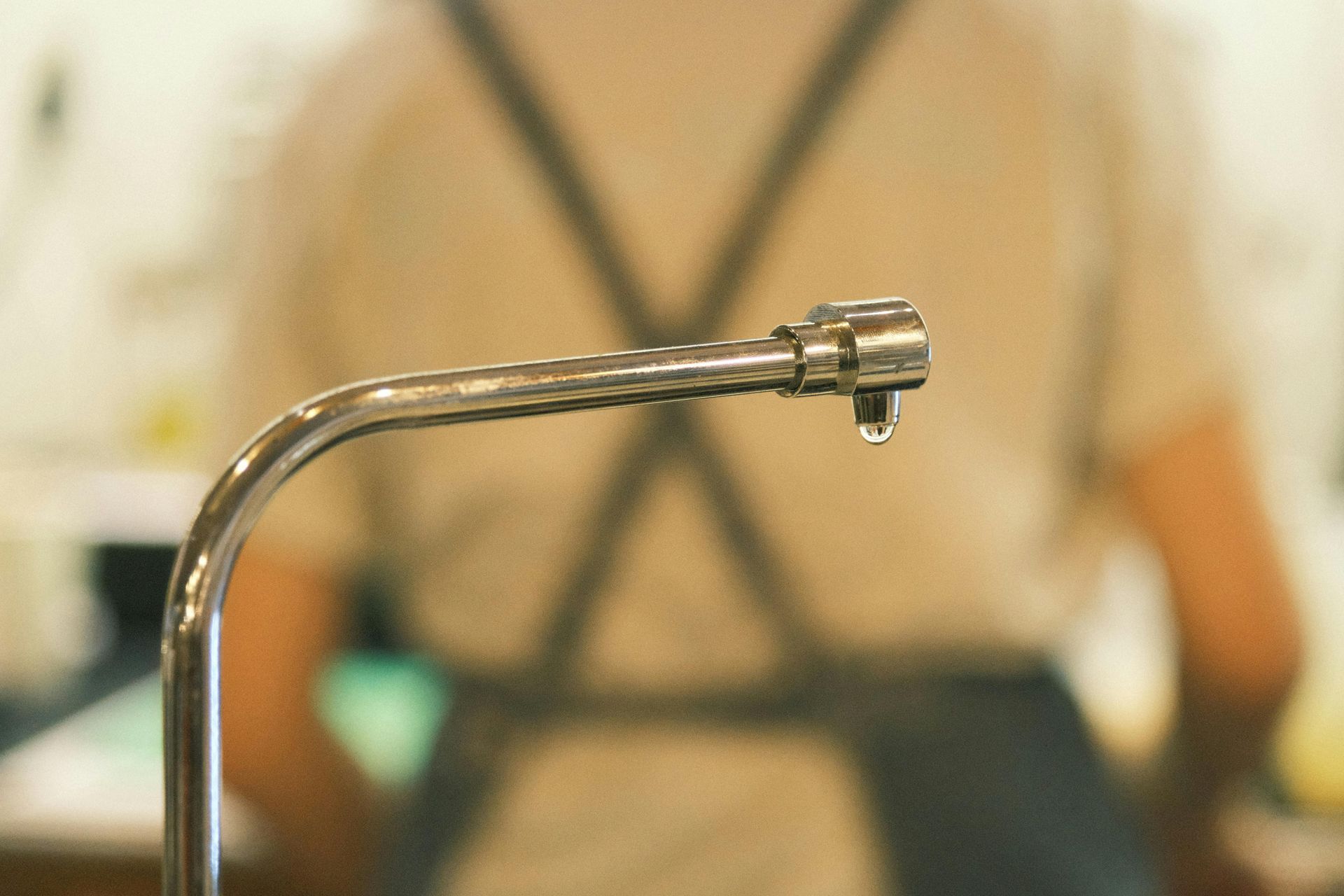Preventing & Managing Sediment Buildup in Water Heater Tanks
Sediment buildup in water heater tanks is a common yet often overlooked issue affecting the efficiency, lifespan, and safety of water heating systems. Over time, minerals and other particles carried by water accumulate at the bottom of the tank, leading to several performance problems. This comprehensive article explores the causes, impacts, and effective strategies for preventing and managing sediment buildup specifically in water heaters, along with important considerations for maintaining optimal function. Professional services from trusted experts like All City Plumbers and practical tips relevant for situations such as when you need to prepare your home's plumbing for a vacation are also integrated throughout.
Understanding Sediment Buildup in Water Heaters
Water heaters, whether conventional tank systems or tankless setups, are susceptible to sediment accumulation due to the minerals naturally present in municipal or well water supplies. Hard water, with high calcium and magnesium content, accelerates the buildup process. Sediment primarily settles at the bottom of the tank in storage units, causing a range of issues.
As water is heated repeatedly, minerals precipitate out and adhere to tank surfaces and the heating element, forming scale and sludge. This not only reduces heating efficiency but also contributes to increased energy consumption and premature failure of system components.
Impacts of Sediment Build-up
The accumulation of sediment inside water heaters can have pronounced negative effects. Firstly, sediment acts as an insulating layer between the heating element and the water, impairing heat transfer and causing the heater to work harder. This inefficiency leads to higher energy bills and inconsistent hot water supply.
Furthermore, sediment buildup increases the risk of overheating the tank bottom, potentially causing rust and corrosion. This deterioration damages the inner tank lining, possibly leading to leaks or complete tank failure.
Another consequence includes the generation of noise such as popping or rumbling sounds due to water trapped beneath the sediment layer rapidly heating and vaporizing.
Effective Prevention Techniques
Preventing sediment accumulation is key to prolonging the useful life of your water heater. Regular flushing of the tank is one of the most effective maintenance practices. This process involves draining water from the tank to remove accumulated solids and can be performed annually or biannually depending on water hardness and usage.
Installing water softeners or filtration systems reduces mineral content before water enters the heater, significantly decreasing sediment formation. This contributes not only to water heater longevity but also benefits plumbing fixtures and appliances throughout the home.
Routine professional inspection and maintenance, such as those offered by All City Plumbers, ensure early detection of sediment issues and coordinated care including replacing anode rods, inspecting valves, and verifying system integrity.
Managing Existing Sediment Buildup
For tanks with substantial sediment accumulation, more comprehensive management techniques may be necessary. Flushing alone might be insufficient, requiring manual tank cleaning or employing specialized descaling chemicals.
In severe cases, water heater replacement is warranted. Modern high-efficiency models often feature self-cleaning technology or design enhancements that limit sediment retention.
Special Considerations: Preparing Your Plumbing for Vacations
Extended absence from home, such as vacations, calls for special plumbing preparations. Sediment can settle and harden during prolonged inactivity, potentially exacerbating issues upon system restart.
Professionals recommend flushing the water heater prior to departure and adjusting temperature settings to avoid stagnation. Engaging a trusted service provider like All City Plumbers ensures your home's plumbing is properly configured, reducing risks tied to sediment and other common vacation-related plumbing concerns.
Conclusion
Sediment buildup in water heater tanks presents a substantial threat to operational efficiency, safety, and equipment longevity. Through understanding its origins and impacts, homeowners can adopt effective preventative and management strategies such as regular flushing, water softening, and professional maintenance. Collaboration with specialists like All City Plumbers enhances these efforts, providing tailored solutions and peace of mind.
By proactively managing sediment, you ensure your water heaters function reliably, reduce energy consumption, and avoid costly repairs or premature replacement. Moreover, remembering to prepare your home's plumbing for a vacation by addressing sediment concerns exemplifies comprehensive home maintenance best practices.
Regular care today promises consistent hot water tomorrow—invest in your water heater's health to maximize comfort and efficiency in your household.

